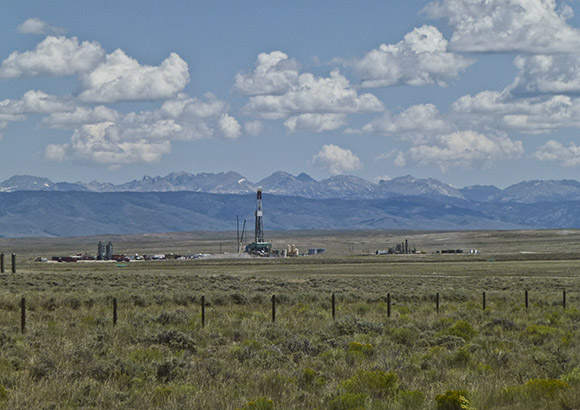carbon emissions
-
The Camp Fire that destroyed Paradise, California, was an urban blaze driven by high winds. Photo George Wuerthner A new paper, “Wildlands-urban fire disasters aren’t a wildfire problem,” published in PNAS, challenges traditional approaches to wildfire management strategies. The researchers note that most of the large blazes that destroyed homes, including Lahaina, Hawaii, Talent and…
-
Pondoersa pine forests dominate the lower elevations of the Blue Mountain Ecoregion. Photo George Wuerthner The Blue Mountains Complex of Oregon stretches east to west from the Snake River to the Cascades. The Blue Mountain Complex is made up of sub-ranges, including the Wallowa, Elkhorns, Strawberries, Aldrich, and Ochoco. The Wallowa Mountains near Enterprise, Oregon.…
-
A number of years ago Bay Nature published a couple of pieces promoting livestock production in California. I responded with a critique of the articles. I continue to hear the same arguments today with various individuals and organizations promoting “regenerative” grazing, “grass fed beef” and livestock as a “tool” to reduce wildfires, among other alleged…
-
The open canopy of this logging operation on Kirk will promote fire spread by enhancing wind penetration. Photo George Wuerthner I recently visited the Kirk Hill area in the Gallatin Range on the Custer Gallatin NF (CGNF) south of Bozeman. The CGNF had “thinned” the site as a fire prevention measure. What the Kirk…
-
MYTH: FUEL BUILD UP IS RESPONSIBLE FOR LARGE BLAZES? A conventional narrative is that wildfires in the western U.S. are unprecedented and more extensive than in the past. This increase in fire acreage is attributed to “fuel build-up,” presumed to be the result of successful fire suppression. However, such assertions lack context. Compared to the…
-
By Erik Molvar, Executive Director, Western Watersheds Project While Trump administration issues directives banning discourse on climate change and muzzles scientists in federal agencies, the fossil fuel industry may have an even tighter stranglehold over state institutions. In his new exposé of industry meddling in higher education, Behind the Carbon Curtain (slated for an April…
-
It releases a great deal of carbon and produces much less new food than more intensive use of existing croplands- Lose-lose . . . sounds like a Western land use issue. Clearing tropical forests is a lose-lose. Michael Marshall. New Scientist.
